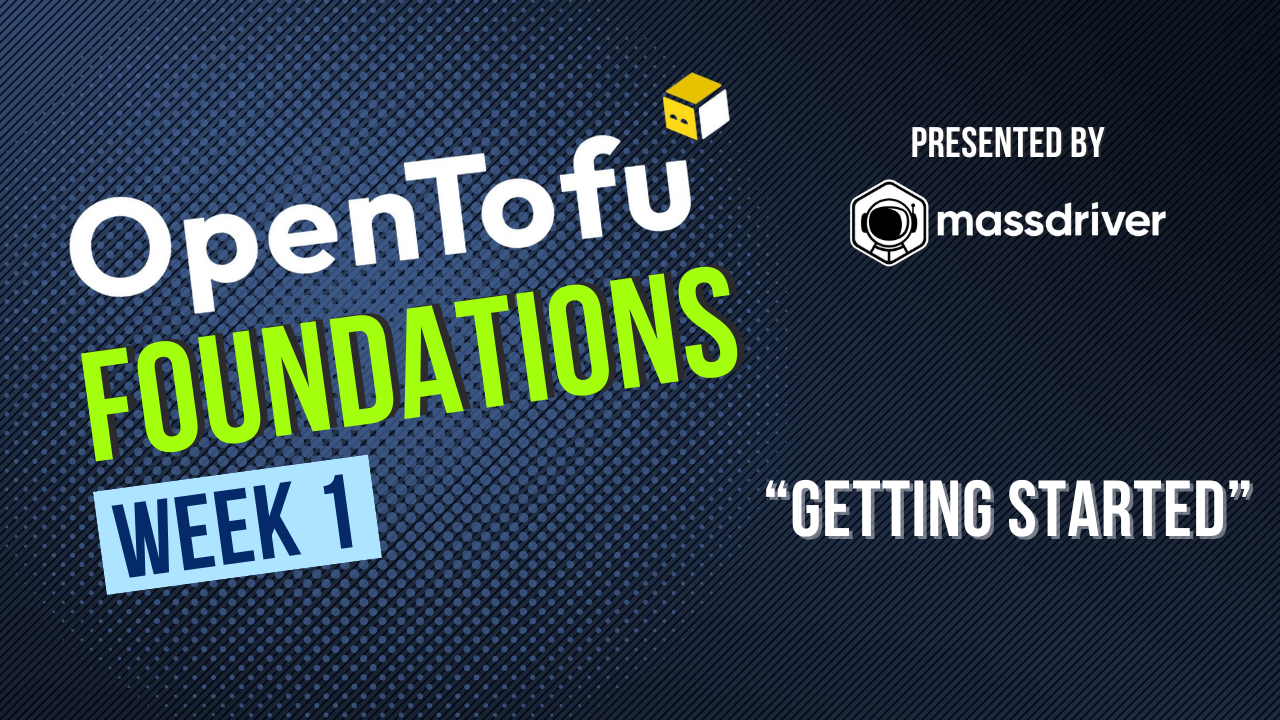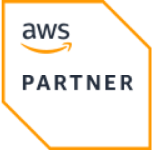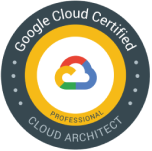Progressing through the DevOps Maturity Model
Improving your organization's position in the DevOps Maturity Model involves focusing on specific practices, tools, and processes that align with the capabilities and needs of each maturity level.

Improving your organization's position in the DevOps Maturity Model involves focusing on specific practices, tools, and processes that align with the capabilities and needs of each maturity level.
Take the survey to find out where your team is on the DevOps Maturity Model.
Here's a tailored set of tips for each scoring band to either advance to the next level or maintain high quality in the case of the highest band.
Initial Level (10-19 Points)
Focus Areas: Fundamental Practices, Collaboration, and Basic Automation.
- Cultivate a Collaborative Culture:
- Task: Encourage regular communication and collaboration between Development and Operations teams through joint meetings, shared goals, and learning/education.
- Tool/Process: Implement tools that facilitate collaboration and visibility, such as Slack for communication and Linear or Jira for project management, to start breaking down silos.
- Introduce Basic Automation:
- Task: Start with automating simple, repetitive tasks such as code builds and deployments.
- Tool/Process: Use tools like GitHub Actions or GitLab CI/CD to automate your continuous integration/continuous deployment (CI/CD) pipelines.
- Document and Standardize Processes:
- Task: Begin documenting existing processes to create a baseline for improvements and standardization.
- Tool/Process: Use documentation tools like Notion, Confluence, or a Wiki, focusing on creating clear, accessible documentation for critical operational and development processes.
First steps are some of the most difficult. Honestly, our product doesn't serve this level well, but if you'd love some tips on successfully rolling out DevOps or platform engineering, I'd be happy to share some thoughts based on where you are. Book here.
Intermediate Level (20-29 Points)
Focus Areas: Advanced Automation, Process Integration, and Measurement.
- Expand Automation Across the Pipeline:
- Task: Look to automate beyond CI/CD, including testing, infrastructure provisioning, and monitoring.
- Tool/Process: Adopt Infrastructure as Code (IaC) tools like Terraform, OpenTofu, or Ansible for environment provisioning and management.
- Integrate and Optimize Processes:
- Task: Work towards integrating development and operations processes, aiming for seamless workflows and communication.
- Tool/Process: Implement infrastructure automation platforms like Massdriver, GitLab, or Atlantis which provide provisioning, workspace, and collaboration tools for access infrastructure
- Implement Comprehensive Monitoring and Feedback Loops:
- Task: Establish a monitoring and feedback framework that supports proactive decision-making and continuous improvement.
- Tool/Process: Use monitoring and analytics tools such as Prometheus for monitoring and Grafana for dashboards, coupled with regular retrospective meetings to analyze performance and outcomes.
Want a free audit of your DevOps practices from a Cory, a cloud engineer with over 15 years of DevOps experience? Book here.
Advanced Level (30-35 Points)
Focus Areas: Optimization, Predictive Analytics, and Continuous Learning.
- Optimize with Lean Practices:
- Task: Apply Lean methodologies to streamline processes, reduce waste, and increase efficiency.
- Tool/Process: Adopt value stream mapping to identify and eliminate bottlenecks in your delivery process.
- Leverage Predictive Analytics and AI:
- Task: Implement predictive analytics to anticipate issues before they impact the business and to optimize resource allocation.
- Tool/Process: Integrate AI and machine learning tools, like TensorFlow for custom analytics solutions, to analyze trends and predict potential failures.
- Foster a Continuous Learning Culture:
- Task: Encourage innovation and continuous learning through structured knowledge sharing and incentivizing experimentation.
- Tool/Process: Create a knowledge-sharing platform using tools like Microsoft Teams or Slack channels dedicated to sharing learnings and a structured program for professional development and learning.
Want a free audit of your DevOps practices from a Cory, a cloud engineer with over 15 years of DevOps experience? Book here.
Fully Integrated Level (36-40 Points)
Focus Areas: Innovation, Leadership in DevOps Practices, and Sustainability.
- Maintain and Enhance Quality:
- Task: Continuously monitor, refine, and improve DevOps practices to maintain high standards of quality and efficiency.
- Tool/Process: To ensure the highest output quality, implement advanced quality assurance tools and processes, including automated security scanning and performance testing.
- Lead and Innovate in DevOps:
- Task: Stay ahead of the curve by exploring emerging technologies and methodologies that can enhance your DevOps practices.
- Tool/Process: Engage with the DevOps community through conferences, workshops, and forums to exchange ideas and innovations.
- Sustainability and Scalability:
- Task: Focus on building sustainable DevOps practices that can scale with the organization's growth without sacrificing quality or efficiency.
- Tool/Process: Regularly review and adjust your DevOps strategy and toolchain to ensure they are sustainable and scalable, considering cloud services scalability, cost management, and resource optimization tools.
Your team is at the pinnacle of DevOps practitioners. Want to come on the Platform Engineering Podcast and share your story? Email me.
.png)



